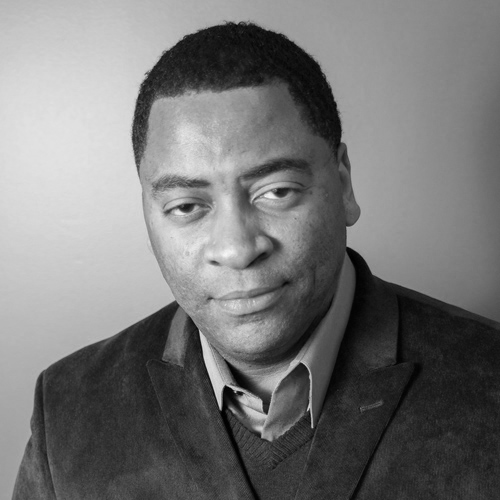For being one of the biggest conveniences of our time, air travel is usually unpleasant at some point in its hectic process. But there’s little about the Virgin brand one might describe as “usual.” It follows then that its domestic airline bucks the status quo. It’s not that Virgin America doesn’t face the same tension as its competitors between efficiency and exceeding expectations. The difference at Virgin, says Jim Davis, vice president of airports and guest services, is that an exceptional guest experience is the imperative, not the goal.
To see exactly what he means by that, consider this: Typically, if you file a complaint with an airline, you can expect a reply e-mail within 30 days. In the operations control center, the nerve center of Davis’s team, they are working to cut that time down. They did so with a guest on one of their flights who ordered a drink with Virgin’s on-demand, in-flight amenity system, but forgot to submit it. After half an hour, he posted a complaint via Twitter using Virgin’s in-flight Wi-Fi capability. As soon as the social media guest care and operations team saw it, they notified the flight crew of the guest’s seat number and authorized a free drink. “He couldn’t believe a Tweet that went into the ether made it to the ground and back to the cockpit,” says Davis. “We want to change people’s opinions about the flight experience.” After it was resolved, the guest tweeted about how happy he was with Virgin America.
That standard and the brand’s playful personality helped it stand out as a start-up airline in 2007, but going on seven years later, Virgin America isn’t going anywhere—except to the 22 cities it services in the United States and Mexico—and its operations team is reflecting on that achievement. Davis came aboard Virgin America in 2012 and was poised to help the airline claim its territory in the competitive airline environment. Now that Virgin has built a reputation, Davis is tasked with finding the customer service levers to pull for growth and making sure they are sustainable for a mature business.
One iteration of that is the airline’s handling of baggage. While the industry average is about 2 mishandled baggage claims for every 1,000 checked bags, Virgin’s average is .92. Whereas other airlines, some of which Davis has worked for, may analyze overall baggage trends for improvement, “We go over every single bag that was missed the previous day and look at why it happened and what we can do about it,” he says. Those metrics and processes represent what Virgin does exceptionally well. The next step, says Davis, is to scale them.
Part of having made it out of start-up mode is having the confidence to be atypical. In Davis’s realm, that means calling the shots other airlines wouldn’t and, as infrequently as possible, foregoing excellence for economy. Virgin America will hold boarding at an airport to ensure their planes are spotless for guests. Many service industries face the trade-off between personnel and the bottom line. “We’ve made the conscious decision to have enough people there to do the job,” Davis says, noting that such roles even include greeters at airports. With a full staff, not only does customer experience improve, but as Davis has seen, Virgin employees, or teammates, are elevated by a culture that cares about their success.
“There’s an unbelievable focus on the employee that translates to being able to take great care of the guest,” says Davis of the culture he credits to president and CEO David Cush and the others who helped build Virgin America. “Our teammates have a license to create a ‘Wow’ factor for our guests.” Davis proved the trust he and Virgin’s leadership have in their teammates when they recently internally reiterated their carry-on policy. “There are many instances in our business where circumstances are not black-and-white, but gray,” he says. “We decided to give our frontline employees the flexibility to make calls on the front lines as opposed to enforcing a cut-and-dry policy.”
Since the airline has had the chance to “catch its breath” and take a more strategic approach to the business, Davis says the culture has emerged as the linchpin of its success. “I can honestly say there’s some magic to the transition our teammates are making from start-up to mature business, but our commitment to taking care of guests isn’t really different with 2 airplanes or 100,” he says. “Our principles have taken us this far, and they’ll continue to guide where we’re going.”

